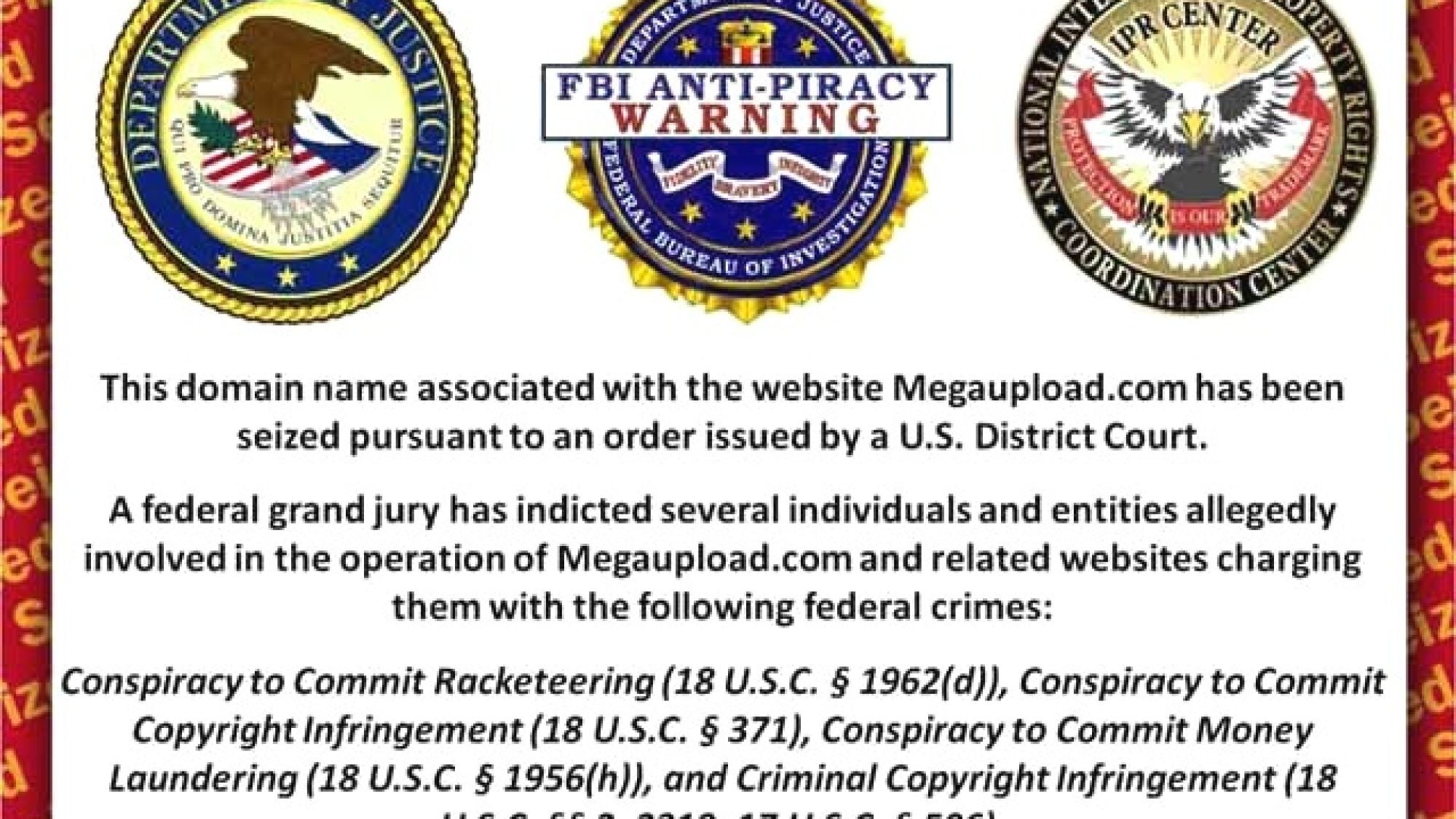Senator Patrick Leahy and Congressman Lamar Smith must be pleased with the arrest. As the authors of the Protect Intellectual Property Act (PIPA) and Stop Online Piracy Act (SOPA), these are the kinds of Internet crimes that give them nightmares.
The question is: can they do anything to prevent what they see as internet crime? The fall of Dotcom may just be a minor moment in the history of online distribution of information. Leahy and Smith are two people. The Internet is two billion people. The numbers are overwhelming.
And if the past few weeks have taught us anything, it’s that these two billion have a powerful voice. In the days before a vote on the PIPA and SOPA bills, companies like Wikipedia and Google staged a silent protest on the web. They restricted access, blacked-out logos, and released “educational” videos describing how Washington was threatening the everyday Internet user. People listened, contacting their representatives and sharply tilting popular opinion against the two bills.
Propaganda has a negative connotation nowadays, but the Internet’s own experiment with it was remarkably successful. This moment epitomizes the transformation of the Internet into a political tool. No longer is the web just a place for doing research and checking emails. It has become an interest group, and the most powerful one of its kind. The Internet is a continuation of the project that Gutenberg started over 500 years ago, and it has the awesome power to change world-wide currents of thought and information. It reaches every corner of the globe and can aggregate data in ways that no other medium can ever achieve.
The Internet is more than just data. It’s made up of people, and it’s their goals and ideas that make the Internet a medium for change. Its influence has already been felt in certain parts of the world. Social media helped facilitate political change during the Arab Spring, and has facilitated protests around the globe. Now the wave has hit the United States, and it should hardly be a surprise.
It will be interesting to see how the government responds to the rise of this interest group. It’s unlike anything they’ve seen before. Internet companies can harness citizens through non-traditional means of lobbying. The diffusion of information allows an ever wider group of individuals to get involved in the legislative process. This creates more pressure on Washington to not overstep its bounds. If the government acts too aggressively, users will respond in kind. But a balance must be found, and real crooks mus be arrested. At the same time, politicians must carefully word their laws and regulations to make sure that they do not threaten the titans of this new industry.
Even if the laws are straightforward, individuals like Mark Zuckerberg and Jimmy Wales can easily mold their websites into weapons of political power. The Internet is trying to protect its ideas, and websites are worth millions. And let’s be honest – have interest groups ever been the most honest organizations in the first place? They don’t take any chances.
The odds are pretty good, too. Real cheaters like Dotcom will lose a battle once in a while. But with a team of two billion followers, I don’t think the Internet can ever lose the war.
. . .
Nick Fedyk is a sophomore at the Georgetown University School of Foreign Service and editorial assistant for the Georgetown Journal’s online content.
Image credit: FBI Anti-Piracy, Public domain, via Wikimedia Commons
This is an archived article. While every effort is made to conserve hyperlinks and information, GJIA’s archived content sources online content between 2011 – 2019 which may no longer be accessible or correct.

